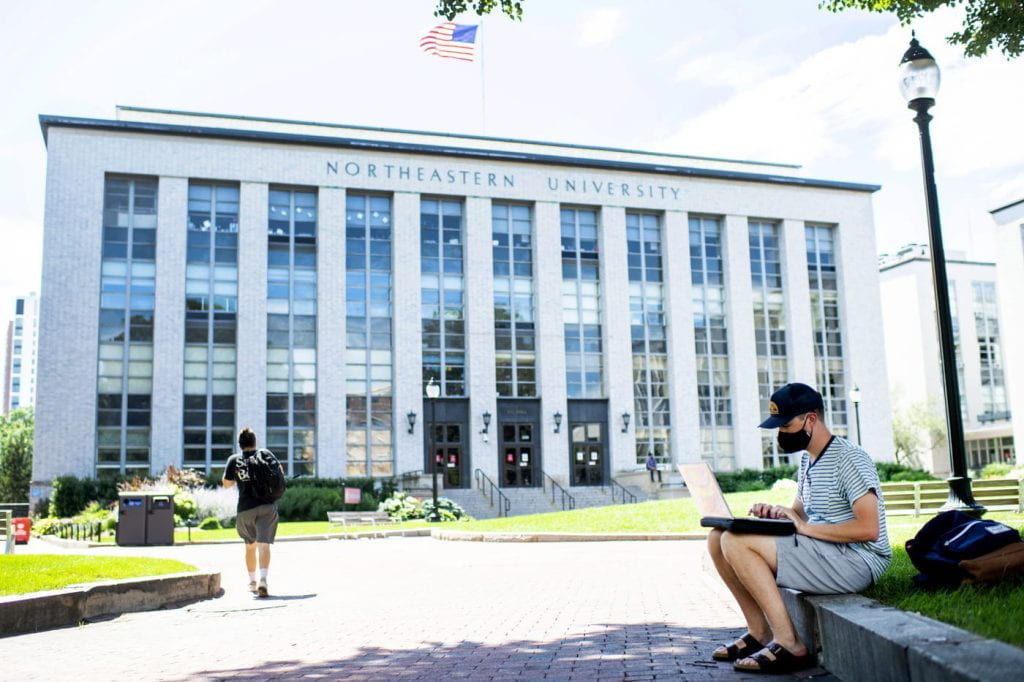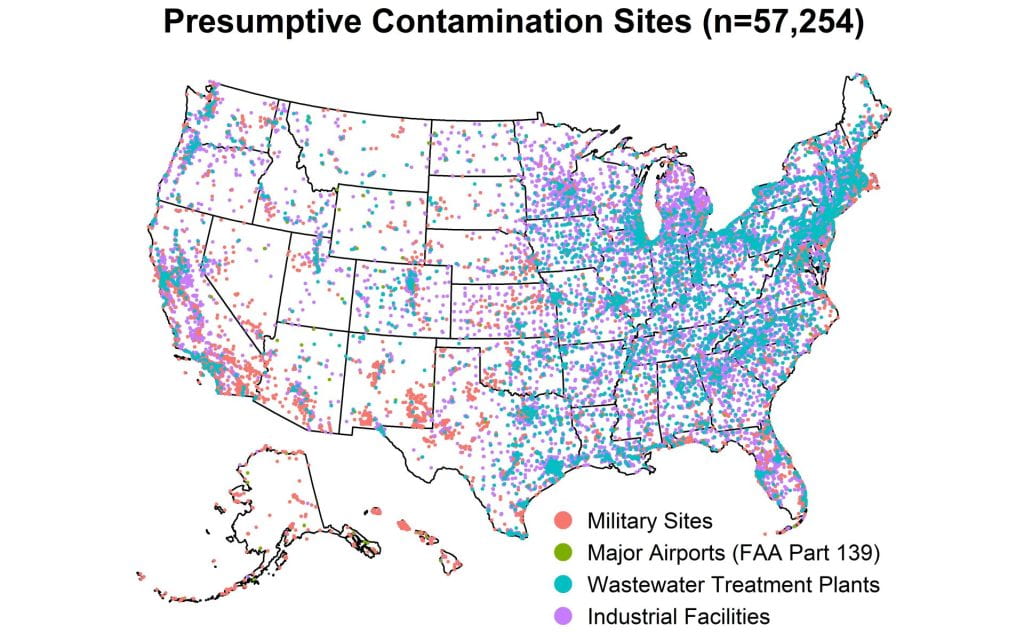Phil Brown
Welcome!
My work is centered in environmental sociology, medical sociology, environmental health, social movements, community-based participatory research, and science and technology studies.

SSEHRI
SSEHRI (Social Science Environmental Health Research Institute) SSEHRI serves as a center for transdisciplinary environmental health research, writing new research proposals, producing publications, and preparing young scholars for careers in social science-environmental health science collaborations. Central to improving environmental health is the development of basic sciences able to capably build connections between sociology, anthropology, exposure science, epidemiology, toxicology, and science & technology studies.
PFAS
PFAS Project Per- and polyfluoroalkyl substances (or PFASs) are a class of chemicals widely used in consumer products, industrial applications, manufacturing processes, and certain firefighting foams. PFASs have been detected in all corners of the Earth, contaminating the blood of virtually all Americans and even passing through the umbilical cord and into the womb.

Special Projects

Biomonitoring, Household exposure, and Report back
The SSEHRI Report-Back Lab, led by Phil Brown, does biomonitoring and household exposure studies, and applies innovative methods of reporting data back to participants. We have pioneered this ethically-driven report-back approach for which we have gained national attention.

Health Social Movements
Stemming from the women’s health movement, the Black Panther Party’s health activism, and other early health activism, many groups sprang up around health issues, including many driven by patients dealing with specific diseases and conditions.